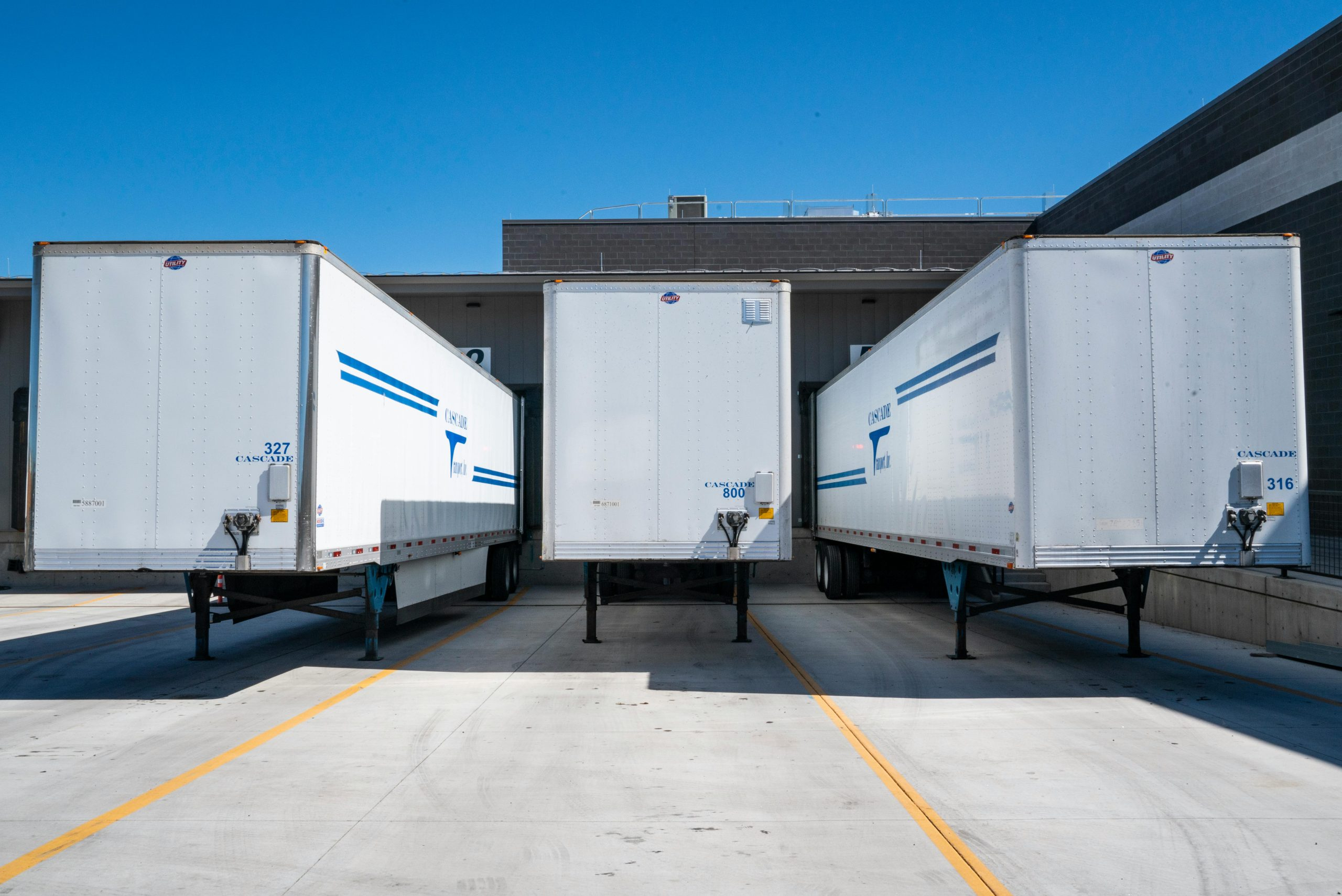Drone Delivery Deeds: Air Rights for Autonomous Logistics Corridors
Drones have become an increasingly popular form of transportation and delivery in recent years. With their ability to quickly and efficiently navigate through the skies, they have become an attractive option for companies looking to streamline their logistics. However, with this surge in popularity comes a new set of challenges, particularly when it comes to regulating the use of drones. One such challenge is the issue of air rights for autonomous logistics corridors – a topic that has quickly gained prominence in the world of drone delivery. In this article, we will delve into the concept of drone delivery deeds and how they pertain to the use of air rights for autonomous logistics corridors.
The Growth of Drone Delivery
The use of drones for delivery has grown exponentially in recent years. What was once considered a novelty or reserved for military use has now become a viable and impactful option for businesses. In fact, according to a report by Statista, the global market for drone delivery is estimated to reach a value of $22.5 billion by 2026. This growth can be attributed to various factors, such as advancements in drone technology, increased investment in the industry, and the growing demand for fast and efficient delivery services.
As companies look to incorporate drone delivery into their operations, they are faced with several challenges, one of which is navigating the complex landscape of air rights.
The Concept of Drone Delivery Deeds
The concept of air rights has been around for quite some time and is typically associated with buildings, where owners have rights to the airspace above their property. However, with the rise of drones, the need for air rights in a different context has emerged. Drone delivery deeds involve the granting of air rights to companies for the specific purpose of operating drones in designated airspaces. This gives companies ownership and control over the airspace necessary for their drones to operate, much like a landlord granting a lease for a building.
Drone delivery deeds are often utilized in the context of autonomous logistics corridors – designated airspace corridors that are exclusively used for the movement of drones. These corridors act as virtual highways for drones, allowing them to navigate safely and efficiently to their destinations without interference from other aircraft.
The Benefits of Drone Delivery Deeds
Efficiency and Safety
One of the primary benefits of drone delivery deeds is the increased efficiency and safety they provide. By designating specific airspaces for drone delivery, companies can avoid overcrowding in the skies and mitigate the risk of collisions with other aircraft. This is especially crucial as drones continue to become more prevalent and the airspace becomes increasingly congested.
Regulation and Control
Another significant benefit of drone delivery deeds is the regulation and control they provide. By granting air rights to specific companies, authorities can monitor and control the use of drones in a given airspace. This not only ensures the safety of the drones but also enables more effective regulation and enforcement of laws and regulations surrounding drone operation.
Monetization
Drone delivery deeds can also serve as a source of revenue for both companies and authorities. Companies can generate revenue by leasing the air rights to other businesses that wish to operate drones in the same airspace. This can also open up opportunities for collaboration and partnerships between companies in the industry.
The Future of Drone Delivery Deeds
The concept of drone delivery deeds is still relatively new and is currently facing some challenges in terms of regulations and implementation. However, as the industry continues to grow, it is likely that drone delivery deeds will become more commonplace and play a significant role in shaping the future of drone delivery.
Already, various authorities around the world are exploring the potential of drone delivery deeds as a means of managing airspace and regulating drone delivery. For instance, the Federal Aviation Administration (FAA) in the United States has initiated a pilot program that seeks to test the feasibility of using drone delivery deeds for autonomous logistics corridors.
Conclusion
As unmanned aerial vehicles (UAVs) continue to revolutionize the transportation and delivery landscape, it is essential to have a solid framework in place for their efficient and safe operation. Drone delivery deeds provide that framework by granting air rights to companies and facilitating the regulation and control of drones in designated airspaces. While there are certainly challenges that need to be addressed, it is clear that drone delivery deeds will play a crucial role in shaping the future of drone delivery and logistics.











